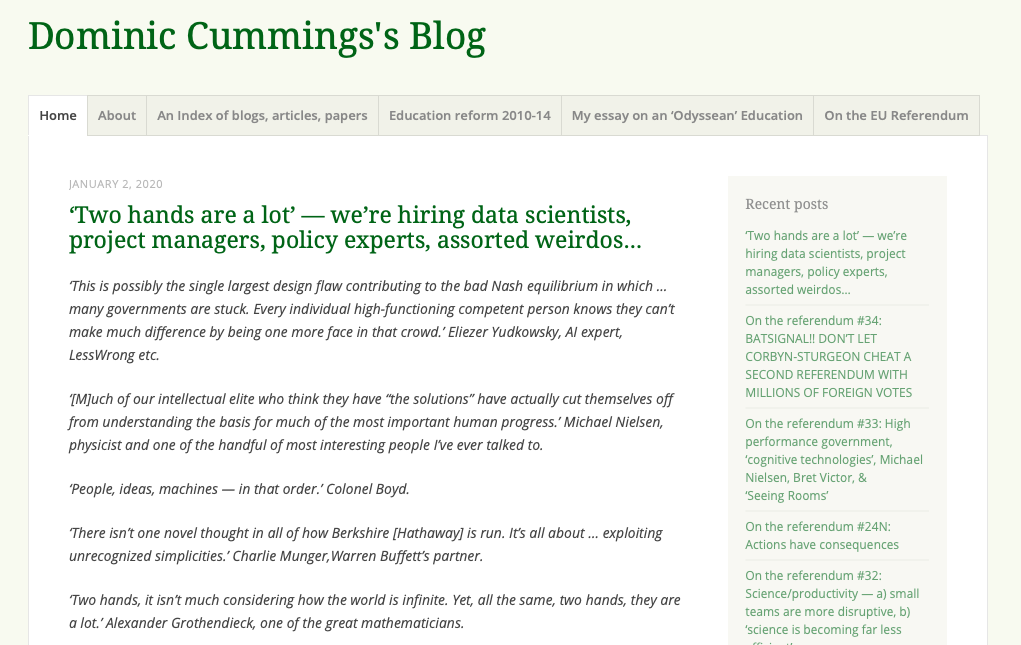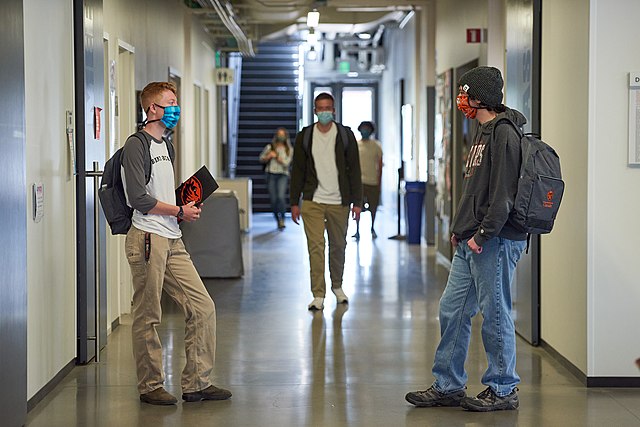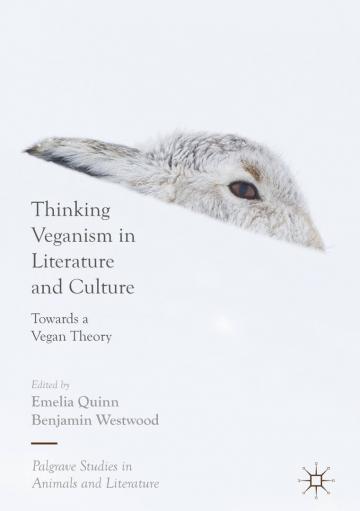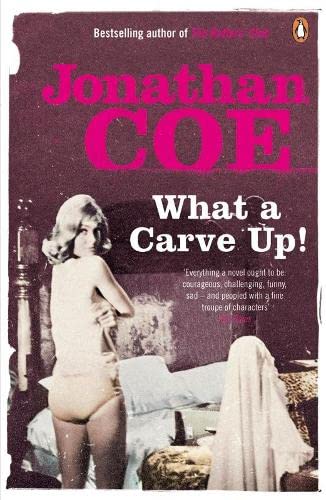The following is the full text of a letter published in edited form by The Evening Standard on 6th January 2020. I was invited to write it by The Evening Standard in response to a blog post of 2nd January by Prime Minister Boris Johnson’s Chief Special Adviser Dominic Cummings. This post invited applications from young, unconventional thinkers to positions at Downing Street, with Oxbridge English graduates being specifically discouraged from applying.
Putting aside which ‘long term projects’ Dominic Cummings has in mind when calling for graduates to join the ‘No10 political team’ (privatising the NHS?), he is right to say that the term ‘diversity’ has been co-opted to identity politics and disconnected from ‘genuine cognitive diversity’.
But he’s wrong to associate this phenomenon with specifically ‘Oxbridge English graduates’. It is precisely in more traditional institutions that English instruction is least likely to enforce the less-profound forms of identity politics, and most likely to pay attention to literature per se.
Of literature, Cummings seems to approve. He calls for applications from ‘true wild cards, artists’, and ‘weirdos from William Gibson novels’. All great writers are mould-breakers. If they didn’t do something that was new as well as true, they wouldn’t become canonical. More than anyone else, they have a deep and sharp sense of what life is about, and how people operate. When Cummings writes: ‘you want to figure out what characters around Putin might do’, he is suggesting that you need literary-critical skills to understand Russian policy. He says that he doesn’t want ‘English graduates’ who ‘spread fake news about fake news’, but English graduates worth their salt are particularly qualified to identify and describe rhetoric and narratives, fake or otherwise.
Literary critics have to be sufficiently weird to understand what’s going on in literature, and sufficiently clear-headed to be able to say exactly what that is – precisely the intersection of the intuitive and the competent that Cummings says is what he is looking for.




